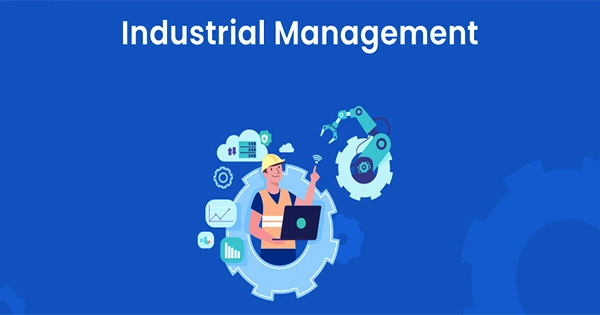Giving managers information for making financial and nonfinancial decisions is what management accounting entails. Managers use accounting information to better enlighten themselves before making decisions inside their businesses in management accounting, which enables them to manage more effectively and carry out control tasks.
Management accounting is the area of accounting that provides accounting data to managers to use in decision-making.
A unique subset of accounting is management accounting. It is a cutting-edge, scientific advancement in accounting. Accounting for efficient management is known as the management accounting.
Functions of Management Accounting: The main goal of management accounting is to help management carry out their duties successfully. The management’s tasks include organizing, directing, and controlling.
Accounting includes management accounting. It evolved as a result of the requirement to utilize accounting more frequently while making managerial choices.
Each of these tasks is facilitated by management accounting in the following ways:
- Provides data: A crucial source of information for management planning is management accounting. Making predictions for the future requires access to a great amount of data about the enterprise’s historical growth, which may be found in the accounts and records.
- Modifies data: The accounting data that is already available is modified and reorganized so that it may be used by management. The transformation of data into comparable groupings increases the usefulness and comprehension of the data. The accounting information needed to make management choices is correctly gathered and categorized. For instance, it is possible to categorize purchase data for various months to determine the overall number of purchases made for each period across all products, suppliers, and territories.
- Communication: An essential communication tool is management accounting. Top, medium, and lower management all require distinct kinds of information.
- Lower management is interested in detailed information at short intervals, while top management needs concise information at relatively lengthy intervals and middle management needs information often. Communication is established both inside and outside the firm thanks to management accounting.
- Analyses and interprets data: To facilitate efficient planning and decision-making, the accounting data is examined in a relevant way. Ratios are computed, likely trends are projected, and the data is presented in a comparison format for this purpose.
- Serves as a means of communicating: Through management accounting, management plans can be distributed throughout the firm in an upward, downward, and outward fashion. It first entails determining the viability and coherence of the many parts of the plan. In the later stages, it informs all parties about the agreed-upon plans and their roles within them.
- Facilitates control: The use of management accounting ensures that the goals are achieved effectively and efficiently by converting stated objectives and strategies into specific goals that must be attained by a set date. Budgetary control and standard costing, which are essential components of management accounting, enable all of this.
- Uses also qualitative information: Management accounting employs information that may be able to be quantified in monetary terms in addition to financial data to assist management in making decisions. These particulars may be gathered via statistics compilations, engineering records, special surveys, etc.
- To assist in planning: By forecasting output, selling the inflow and outflow of funds, etc., management accounting helps the management plan as well as develop policies.
- In addition, it may anticipate how much may be required from different courses of action or the projected pace of return from that location while simultaneously deciding on the schedule of operations to be carried out.
- To assist in organizing: It distributes the resources to each center and assigns the corresponding duties to ensure their proper usage by creating budgets and identifying specific cost centers. As a result, a relationship develops between the many components of the business.
- Decision-Making: When making decisions that are crucial to the existence and development of the firm, management accounting provides the accounting data and statistical information needed. The decision of management is made simple by the analytical knowledge that management accounting provides regarding many choices.
















